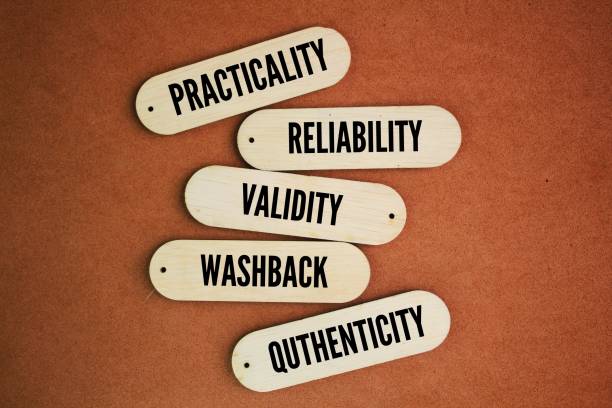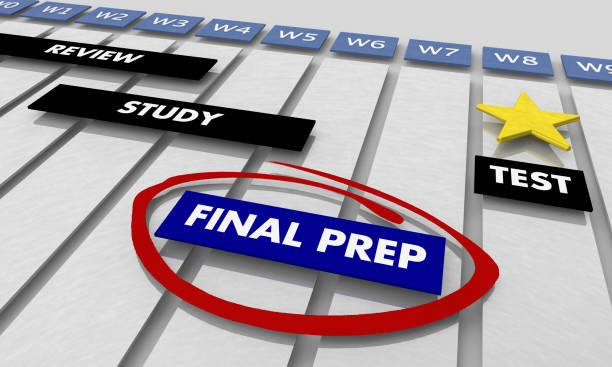Crushing exams doesn’t happen by accident—it’s the result of a rock-solid Study Plan, Pass mindset that turns chaos into clarity. This article dives deep into crafting a study plan that’s not just a schedule but a battle-tested strategy to ace your exams. Whether you’re juggling a packed semester or prepping for a high-stakes certification, we’ve got you covered with practical, no-nonsense steps to build a killer study plan. For a broader look at breaking down overwhelming syllabi, check out our companion article, How to Tame the Syllabus Monster: Smart Ways to Break Down Your Study Plan, which unpacks how to dissect complex course material into manageable chunks for long-term success.
Why a Study Plan Is Your Secret Weapon to Pass
Let’s face it: winging it rarely works. A study plan isn’t just a to-do list; it’s your roadmap to victory. Without one, you’re like a sailor lost at sea, tossing and turning with no shore in sight. A killer study plan keeps you focused, cuts procrastination, and ensures you’re hitting the right topics at the right time. Studies, like those from the University of Georgia, show structured study habits boost retention by up to 40%. At Knowsia, we’ve seen students transform their grades by swapping haphazard cramming for deliberate, well-organized plans.
The Psychology Behind a Killer Study Plan
Ever wonder why some people seem to breeze through exams? It’s not just smarts—it’s strategy. A study plan leverages your brain’s love for patterns. By creating predictable routines, you reduce cognitive overload, leaving more mental energy for learning. Plus, checking off tasks releases dopamine, making studying feel less like a chore. Building a killer study plan taps into this psychology, turning you into a productivity machine.

Step 1: Assess Your Starting Point to Pass
Before you dive into scheduling, take stock of where you’re at. This isn’t about beating yourself up over what you don’t know—it’s about clarity. Grab your syllabus, past papers, or exam guidelines, and map out the scope. At Knowsia, our Questions Bank and Past Questions tools help you pinpoint key topics fast.
Audit Your Strengths and Weaknesses
Be brutally honest. Which topics make you sweat? Which ones do you nail? For example, if you’re studying for the ACCA, you might ace Financial Reporting but struggle with Audit and Assurance. Use practice questions to test your knowledge gaps. Pro tip: rank topics by difficulty and weight in the exam. This way, you’re not wasting time on low-impact areas.
Set Clear, Achievable Goals
Vague goals like “study harder” are a recipe for burnout. Instead, aim for specifics: “Master double-entry bookkeeping in two weeks” or “Complete 50 practice questions on thermodynamics by Friday.” Break these into daily or weekly targets. Clear goals keep your study plan focused and give you something tangible to chase.
Step 2: Design Your Killer Study Plan

Now, let’s get to the fun part—building the actual plan. A killer study plan balances structure with flexibility, so you’re not derailed by a bad day or a surprise assignment. Here’s how to nail it.
Choose the Right Tools
Ditch the sticky notes. Use digital tools like Trello for task boards or Notion for customizable planners. Knowsia’s AI-powered tools let you organize study sessions and track progress seamlessly. If you’re old-school, a bullet journal works, but keep it simple—fancy layouts can eat up time.
Time-Block Like a Pro
Time-blocking is a game-changer. Assign specific slots for studying, breaks, and even downtime. For instance, dedicate 9–11 a.m. to calculus, then take a 15-minute break. Use the Pomodoro technique—25 minutes of focused work, 5-minute breaks—to stay sharp. Studies from Harvard show short bursts improve focus by 30%. Be realistic: don’t schedule 12-hour study marathons. Six to eight hours of quality work trumps all-nighters.
Prioritize High-Impact Topics
Not all topics are created equal. Focus on what’s heavily weighted in your exam or builds foundational knowledge. For example, in a biology course, cell structure might be worth 20% of the exam, while ecology is only 5%. Spend your energy accordingly. Knowsia’s expert-led content highlights these priorities, so you’re not guessing.
Step 3: Build Habits to Stick to Your Study Plan
A plan’s only as good as your ability to follow it. Life throws curveballs—late-night Netflix binges, unexpected work shifts—so you need habits that keep you on track.
Create a Study-Friendly Environment
Your space matters. Clear your desk of distractions (yes, that means your phone). Use noise-canceling headphones or study playlists with lo-fi beats. Research from Stanford suggests a tidy workspace boosts productivity by 15%. If you’re studying at home, tell your family or roommates your schedule to minimize interruptions.
Use Accountability to Stay Committed
Accountability is your secret sauce. Share your goals with a study buddy or mentor. Better yet, join a study group on Knowsia’s platform to swap tips and keep each other motivated. Public commitment—like posting your progress on a forum—makes you 65% more likely to follow through, per American Psychological Association studies.
Reward Yourself (Yes, Really!)
Don’t be a study robot. Build in rewards to keep your spirits high. Finished a tough chapter? Treat yourself to a coffee or an episode of your favorite show. Small rewards reinforce positive habits, making your study plan feel less like a grind.
Step 4: Adapt and Optimize Your Study Plan

Even the best plans need tweaking. As you progress, you’ll discover what works and what doesn’t. Maybe you’re spending too much time on low-value topics or burning out by noon. Here’s how to keep your plan killer.
Review and Adjust Weekly
Set aside 30 minutes every Sunday to review your progress. Did you hit your goals? Were certain topics tougher than expected? Adjust your schedule accordingly. For example, if you’re struggling with organic chemistry, add an extra hour to it next week. Knowsia’s practice resources let you test your weak spots and pivot fast.
Handle Setbacks Like a Champ
Life happens. If you miss a study session, don’t spiral—just get back on track. Use “if-then” planning to anticipate obstacles: “If I’m too tired to study after work, then I’ll do a quick 20-minute review before bed.” This mindset keeps setbacks from derailing your momentum.
Step 5: Master Active Learning to Pass
A killer study plan isn’t just about hours logged—it’s about how you learn. Passive reading or highlighting won’t cut it. Active learning techniques make the difference between scraping by and acing it.
Practice with Purpose
Active recall—testing yourself without notes—forces your brain to retrieve information, strengthening memory. Use flashcards or Knowsia’s Questions Bank for quick quizzes. Studies from Nature show active recall boosts retention by 50% compared to re-reading.
Teach What You Learn
Nothing cements knowledge like teaching. Summarize concepts in your own words or explain them to a friend. Better yet, create a mini-course on Knowsia’s platform to share your insights. Teaching forces you to clarify your understanding, making you exam-ready.
Mix It Up with Interleaving
Don’t study one topic for hours—mix them up. For example, alternate between algebra and geometry in a math session. Interleaving feels harder but improves long-term retention, per Scientific American. It’s like cross-training for your brain.
Common Pitfalls to Avoid in Your Study Plan
Even with a killer study plan, it’s easy to trip up. Here are traps to dodge.
Overloading Your Schedule
Packing too much into one day is a rookie mistake. Be realistic about your energy levels. If you’re juggling work and study, four hours of focused work is better than eight hours of half-hearted effort.
Ignoring Breaks
Your brain isn’t a machine. Skipping breaks leads to diminishing returns. The University of Illinois found that brief diversions improve focus by 20%. Step away, stretch, or grab a snack—your study plan will thank you.
Chasing Perfection
Your plan doesn’t need to be flawless. Done is better than perfect. If you’re spending hours color-coding your schedule instead of studying, you’re missing the point. Keep it simple and actionable.
Bringing It All Together: Your Path to Passing
Building a killer study plan isn’t about working harder—it’s about working smarter. By assessing your starting point, designing a flexible schedule, building strong habits, and embracing active learning, you’re setting yourself up to pass with flying colors. At Knowsia, we’re all about empowering you to learn smarter, not just for exams but for life. So, grab your syllabus, fire up your planner, and start crafting a study plan that’s as unstoppable as you are.
Got a study plan that’s worked wonders? Share your tips on Knowsia’s blog or join our community to swap strategies. Let’s make passing not just a goal but a habit.

